10 Common Elements of Award Winning Screenplays
- February 11, 2023

Everyone seems to be looking for clues to what makes a movie, or makes an award winning best screenplays…There are some strikingly similar elements present in excellent screenplays. Here are some of the similarities:
1. Single Motive Line
The most common mistake a screenwriter can make is to break or fracture the storyline.
For example, if you have ever told someone you were going to read a specific book title on filmmaking, they would expect you to update them daily on what you had learned. They would keep wondering “What is it like?” “Is it good?” and so on.
But if you told them after you had read the first chapter that you had decided to start studying figure skating instead, they would scratch their head. You would lose them at this point. Tell them however, that you have decided to become a animator instead of filmmaker and they would accept this as a career change, because your basic motive has not changed. It has simply bent.
2. Heroes Have a Second Problem to Solve
In your bog-standard Hollywood movie, the cliché is of the action hero shot in the chest, the bullet stopped by an object in their chest pocket. Usually this is a copy of the Bible, or a picture of the girl they left behind.
This is the way Hollywood tries to tack on a second problem to solve – in this case an inner problem: religion or relationships.
Make one outer problem obvious and visible. Make the second one an inner problem, one that the main character may not even know that he or she has at the start of the story,
Doing this will make your movie zing.
3. Suspense of Disbelief
Great movies set up a series of circumstances that when added together become fantastical or extreme to the point where our average daily life becomes pale in consideration.
Great movies successfully walk us through each stage of these increasingly fantastic constructions and make us believe that they are real, when in fact they are far from real.
4. Strong Openings Means Strong Screenplays
Set the time and pace, and sum up the story through a clear and strong statement of theme.
The opening page of an action movie might have three or four short scenes, but a romantic comedy might have an opening scene lasting several pages.
Theme is what the story is really about, and is generally expressed through dialogue on the third or fourth page. For example, on page 3 of Chinatown, Jack Nicholson says: “You need to be a rich sonabitch to kill someone in this town and get away with it.” This perfectly expressed what Chinatown was really about.
5. Play with Structure
Structure is probably the most misleading and unhelpful screenwriting term invented. A story’s structure is based on the way your character’s goals unfold.
Stories may in fact have a single theme as in (1) above, but clever and smart story-telling will throw a curve ball and lead the main character onto another goal temporarily. Not every film needs the paint-by-number structure ideas proclaimed by leading so-called story gurus.
6. Ambition
Great movies are ambitious in their scope and ideas. Great movies try and connect the writer’s idea to the member of the audience watching the film, and teach them something they can use for their own life. They may not always totally succeed, but an audience will always allow a movie faults if the ambition is there for everyone to see.
7. Choose Your World
Screenwriters have the choice of two worlds: the one we, the audience, know or the one we don’t know. Great movies take us into one of these two worlds and either show us something about the world we know (that we didn’t know before) or, take us into a world we do not know and show us something that we can use in our own lives to become better people.
8. Genre
Great movies are based on a blend of genres. All stories are blends of genres. The two most popular and commercial successful genre blends today are action/adventure and romantic/comedy. Genre has always been with us, be it in ancient Greek myths, Shakespearean stage plays or in modern straight-to-video movies.
Study films of the type you would like to write or make and see how past masters of these movies unfold their stories.
9. The World We Live In
As a storyteller and filmmaker you get to create your own version of the world – a world that is populated by movie people doing movie things in movie time. Great movies create worlds that are full of sparkling details and characters in which the writer and filmmaker show their own moral view of life, along with a view of how details impact and affect the way people live.
10. Have Something to Say
A movie with a great message is a great movie. See if your movie or screenplay can relate to a theme that is larger or more universal than the story you are telling.
An article by Elliot Grove
Few people know more filmmakers and screenwriters than Elliot Grove. Elliot is the founder of Raindance Film Festival (1993) and the British Independent Film Awards (1998) and Raindance London Film School (2017). He has produced over 700 hundred short films and seven feature films: the multi-award-winning The Living and the Dead (2006), Deadly Virtues (2013), Amber (2017), Love is Thicker Than Water (2018), the SWSX Grand Jury Prize winner Alice (2019) The Effects of Lying 2022 and Evil Sea (2023.. He teaches screenwriting and producing in the UK, Europe, Asia and America. Elliot teaches one of the most popular courses at Raindance Film School.
Article link: https://raindance.org/10-common-elements-of-award-winning-screenplays/
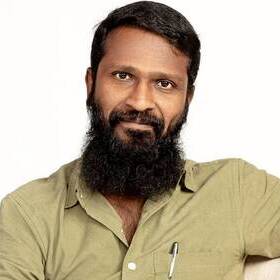
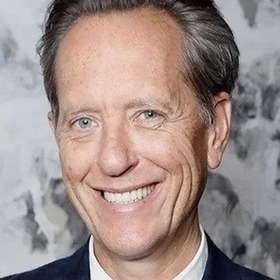

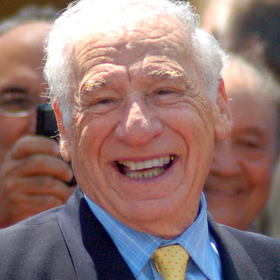
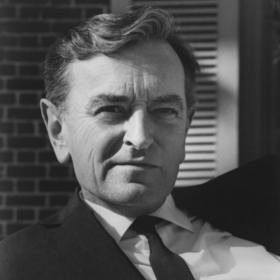

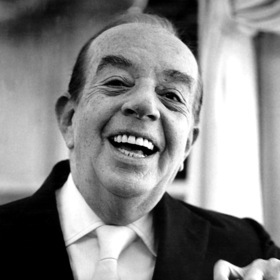
“It is the golden age of a screenwriter. In this era, if a script writer, has the content, potential and patience to sit and write, he will be rewarded”